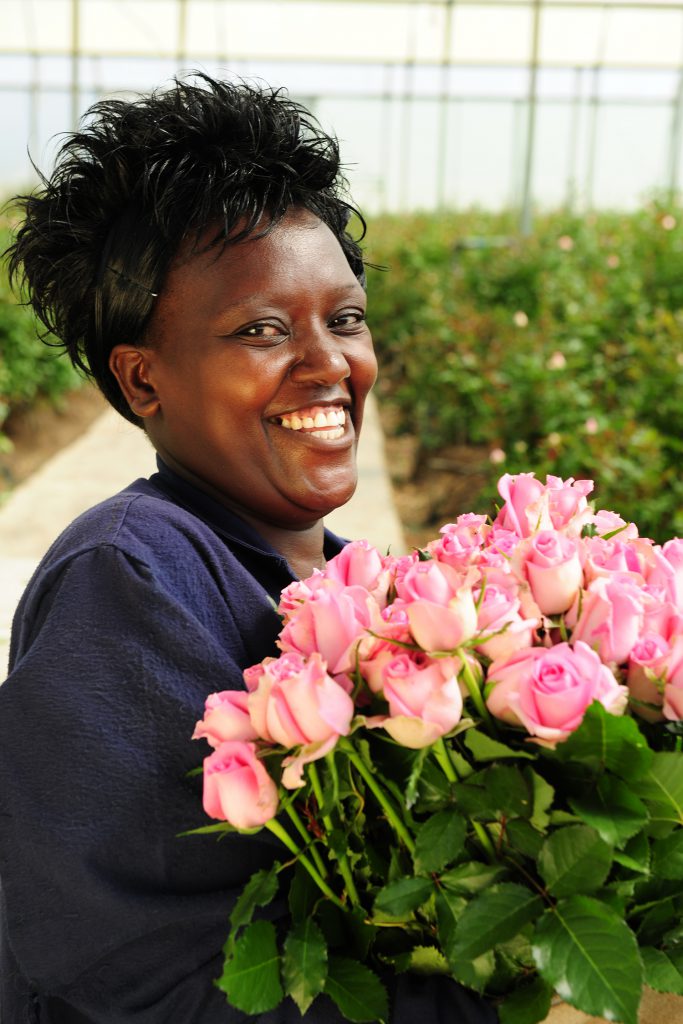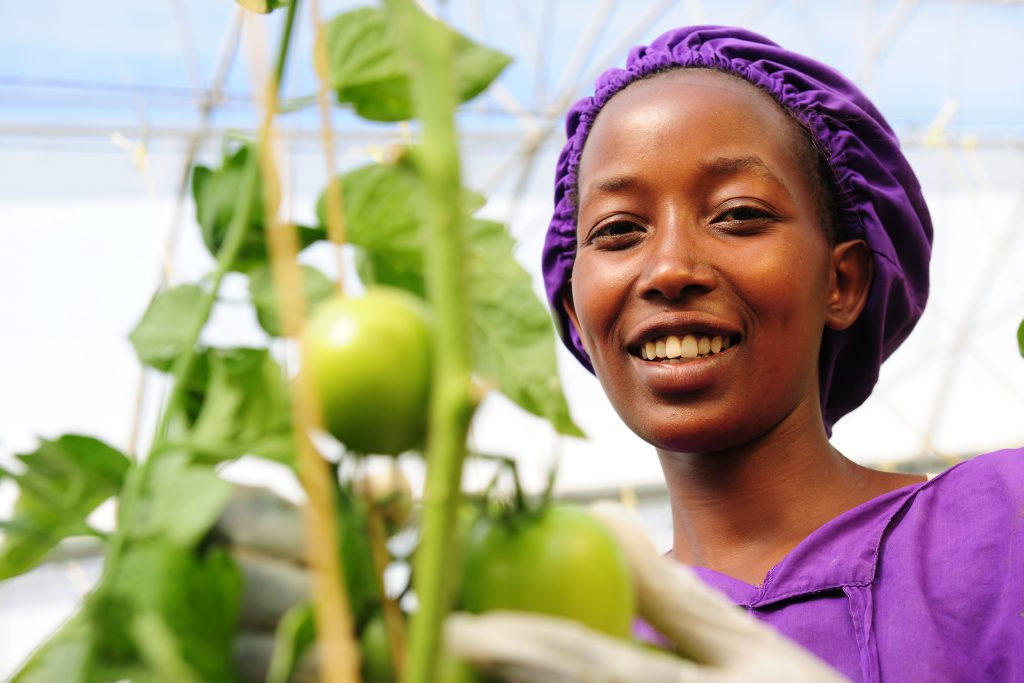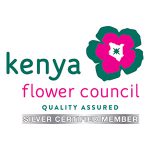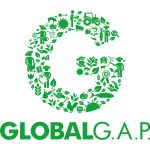Bilashaka Flowers
Bilashaka means “without doubt” in Kiswahili. This name is chosen because “Bilashaka” is a very strong, positive exclamation in Swahili culture and underlines our persistence and positive attitude towards sustainable entrepreneurship and quality production. We produce around 130 million roses on 65 hectares of greenhouses every year. Currently we grow over 25 different varieties. See “collection” for a detailed description.
Roses
At our nursery in Kenya we use modern (Dutch) cultivation techniques. For example, we grow the roses mostly on substrate (hydroponics), whereby the drain water is collected and recycled. This results in the lowest possible use of water and fertilizer. During cold nights we heat our greenhouses with solar energy to reduce the risk of fungal diseases. This means that we significantly limit the amount of crop protection products compared to unheated greenhouses.
More than 1200 people work at our farm. Every day they take care of crop harvesting, processing and preparation of the roses for transport to The Netherlands.
Hybrid Seeds
In addition to the cultivation of roses, we produce hybrid tomato and pepper seeds since 2014. We work together with leading international vegetable breeders to deliver a high-quality product. In a closed production section, physically separated from the rest of the farm to create optimal hygienic conditions, around 150 people are sowing, growing, pollinating and harvesting tomatoes and peppers. After harvest, the seeds are extracted from the fruits, processed, dried and exported.
Bilashaka Flowers
Bilashaka means ”without doubt” in Kiswahili. This name is chosen because “Bilashaka” is a very strong, positive exclamation in Swahili culture and underlines our persistence and positive attitude towards sustainable entrepreneurship and quality production. We produce around 70 million roses in 40 hectares of greenhouses every year. Currently we grow 14 different varieties. See “collection” for a detailed description.
Roses
At our nursery in Kenya we use modern (Dutch) cultivation techniques. For example, we grow the roses mostly on substrate (hydroponics), whereby the drain water is collected and recycled. This results in the lowest possible use of water and fertilizer. During cold nights we heat our greenhouses with solar energy to reduce the risk of fungal diseases. This means that we significantly limit the amount of crop protection products compared to unheated greenhouses.
More than 700 people work at our farm. Every day they take care of crop harvesting, processing and preparation of the roses for transport to The Netherlands.

Hybrid Seeds
In addition to the cultivation of roses, we produce hybrid tomato and pepper seeds since 2014. We work together with leading international vegetable breeders to deliver a high-
quality product. In a closed production section, physically separated from the rest of the farm to create optimal hygienic conditions, around 150 people are sowing, growing,
pollinating and harvesting tomatoes and peppers. After harvest, the seeds are extracted from the fruits, processed, dried and exported.







